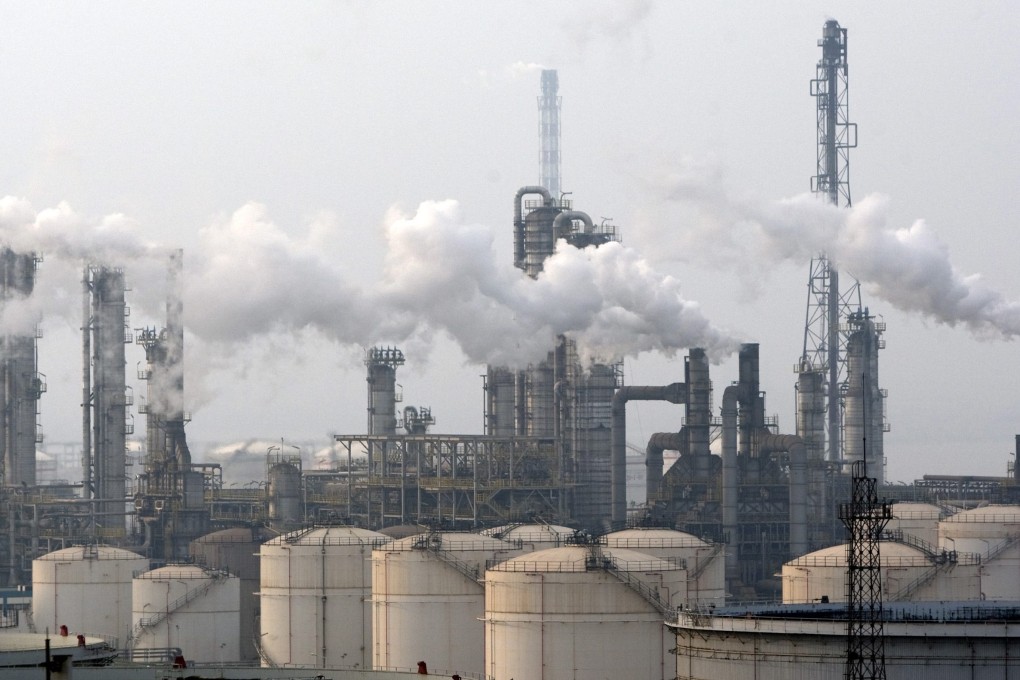China's oil refining party at an end as capacity is cut
PetroChina and Sinopec realise that continually adding to supply is not the most profitable idea

Mainland refiners, like many before them, now realise that parties don't last forever and eventually everyone has to sober up.

While it will no doubt continue to build refineries, the pace is likely to slow over the next few years, and new units will have to compete with other projects to secure funding.
This means refining economics will have to improve to justify the expense of building and operating costly plants.
Refiners are now travelling the same road large, global miners were forced on to in 2011, when investors realised that endlessly adding to the supply of commodities when the mainland's appetite was starting to taper was not a profitable idea.
Some may argue it took them too long, but eventually companies like BHP Billiton, Rio Tinto and Anglo American publicly announced they were reining in spending, cutting costs and returning more to shareholders.
Those three companies also changed chief executives, dumping dealmakers for operators as the focus shifted from expansion to running mines and other assets as efficiently as possible.